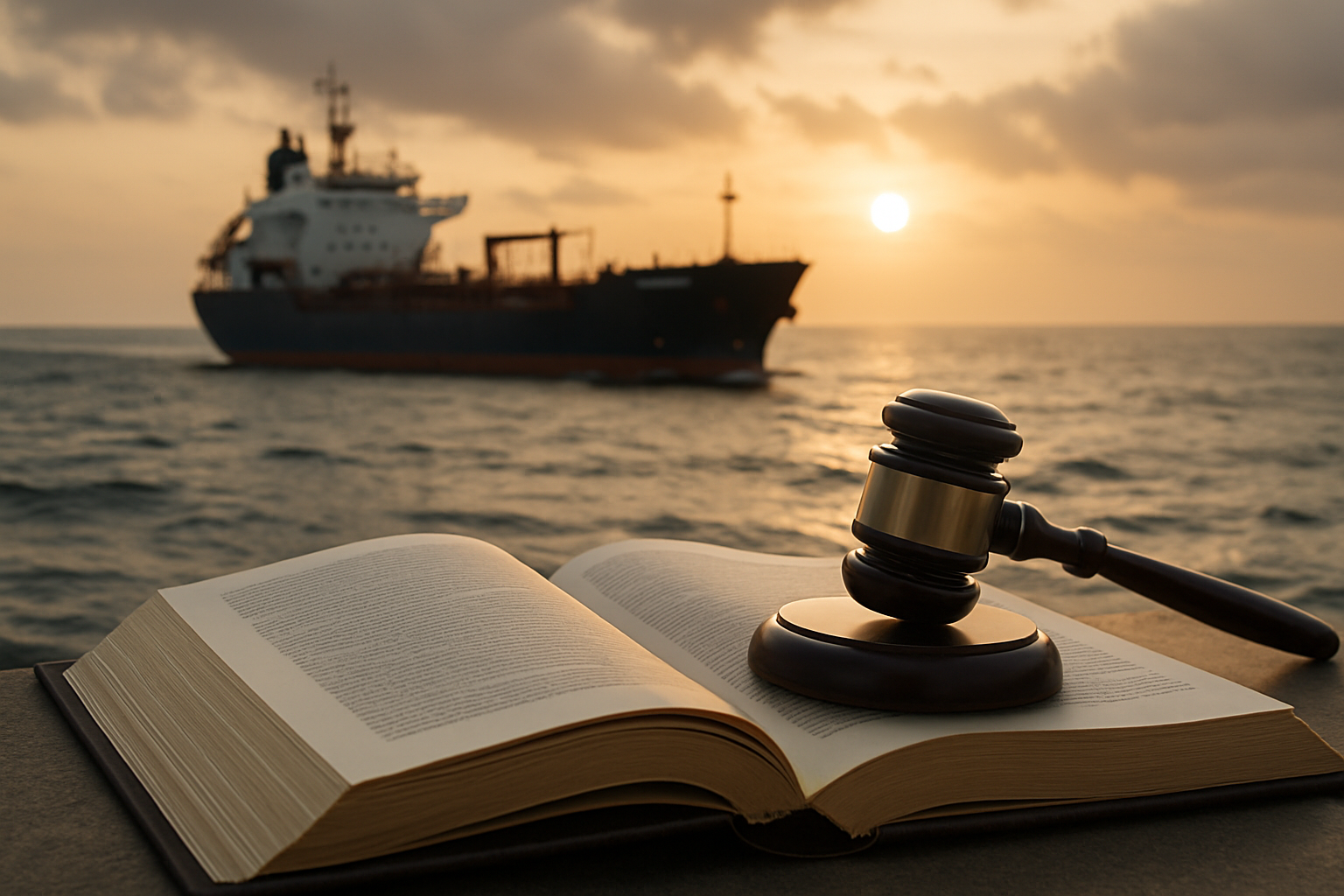Title: Decoding the Complexities of Admiralty Law
Introduction: Navigating the intricate waters of maritime legal affairs, admiralty law stands as a unique and often overlooked branch of jurisprudence. This specialized field governs the complex interactions between nations, businesses, and individuals on the high seas, shaping international commerce and maritime activities worldwide.

Jurisdiction and Scope of Admiralty Law
One of the most distinctive aspects of admiralty law is its unique jurisdiction. Unlike other areas of law that are typically bound by national borders, admiralty law operates in international waters and can apply to disputes that occur far from any country’s shores. This extraterritorial reach allows admiralty courts to adjudicate cases involving ships from different nations, cargo disputes, and maritime accidents that occur on the high seas. The scope of admiralty law is broad, encompassing everything from shipwrecks and salvage operations to marine insurance and maritime liens.
Key Principles and Doctrines in Admiralty Law
Admiralty law is governed by several fundamental principles that set it apart from other legal domains. The doctrine of general average, for instance, dictates that all parties involved in a maritime venture must proportionally share any losses incurred for the common good. Another crucial concept is the principle of limitation of liability, which allows shipowners to limit their financial responsibility in certain cases of maritime accidents or losses. These unique doctrines reflect the inherent risks and complexities of maritime activities and aim to balance the interests of various stakeholders in the shipping industry.
International Conventions and Their Impact
The global nature of maritime activities necessitates international cooperation in developing and enforcing admiralty law. Numerous international conventions have been established to harmonize maritime regulations across borders. The United Nations Convention on the Law of the Sea (UNCLOS), often referred to as the constitution for the oceans, sets out comprehensive guidelines for maritime boundaries, environmental protection, and the use of marine resources. Other significant conventions include the International Convention for the Safety of Life at Sea (SOLAS) and the International Convention for the Prevention of Pollution from Ships (MARPOL), which address crucial aspects of maritime safety and environmental protection.
Contemporary Challenges in Admiralty Law
As the maritime industry evolves, admiralty law faces new challenges that test its adaptability. The rise of autonomous ships, for instance, raises complex questions about liability and responsibility in case of accidents. Climate change and its impact on sea levels and shipping routes also present novel legal issues that admiralty law must address. Piracy, though an age-old problem, continues to pose significant challenges, particularly in certain regions of the world. Additionally, the increasing focus on environmental protection has led to stricter regulations on ship emissions and waste management, requiring admiralty law to balance economic interests with ecological concerns.
The Future of Admiralty Law
Looking ahead, admiralty law is poised for significant developments as it adapts to technological advancements and changing global dynamics. The integration of artificial intelligence in maritime operations, the expansion of offshore renewable energy projects, and the opening of new Arctic shipping routes due to melting ice caps are just a few areas that will likely shape the future of admiralty law. As international trade continues to grow and evolve, the importance of a robust and flexible system of maritime law becomes ever more critical in ensuring fair and efficient global commerce.
In conclusion, admiralty law stands as a testament to the enduring importance of maritime activities in our interconnected world. Its rich history, unique principles, and global scope make it a fascinating area of study for legal scholars and practitioners alike. As we navigate the choppy waters of an increasingly complex global economy, the role of admiralty law in maintaining order and resolving disputes on the high seas remains as crucial as ever.





